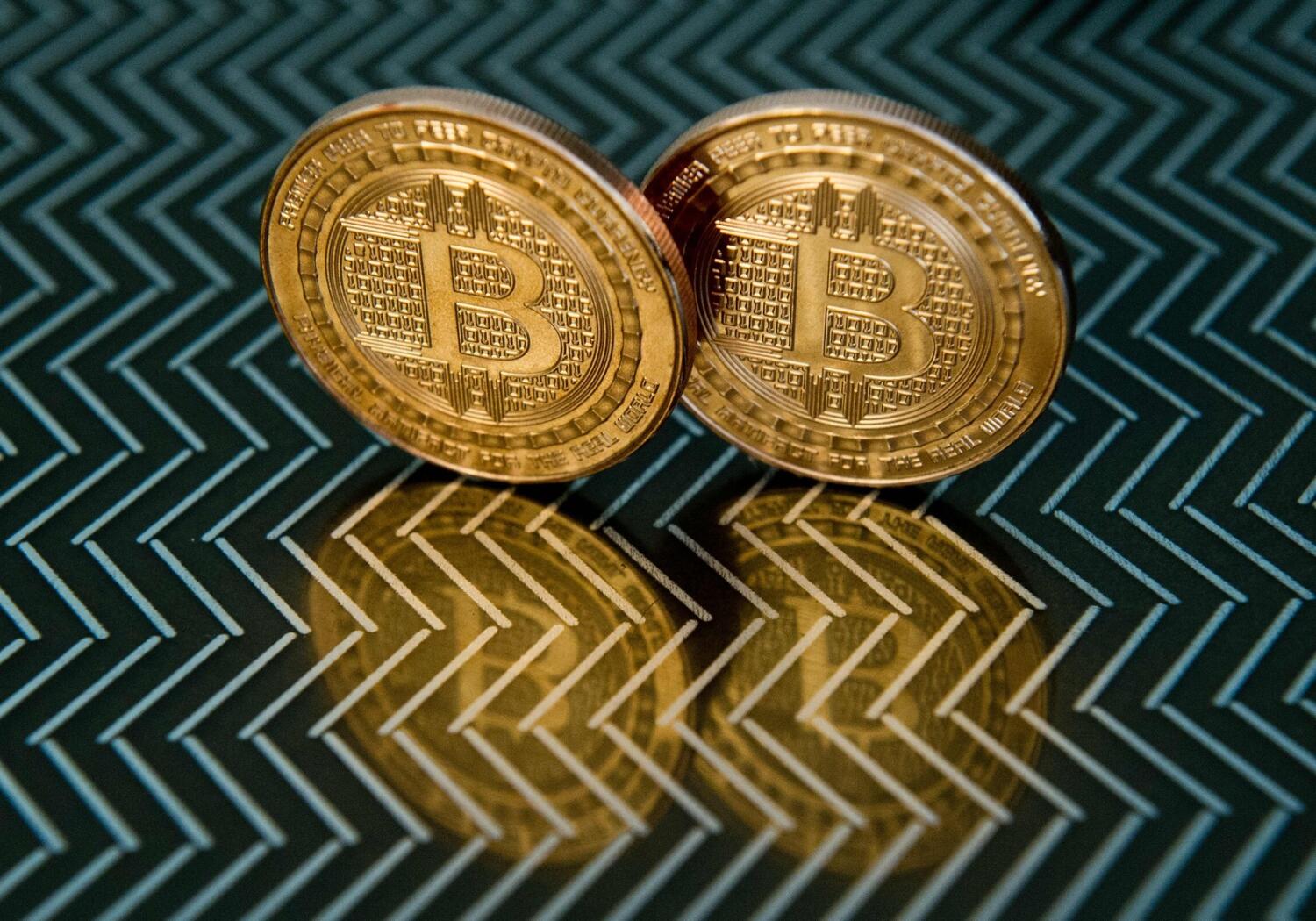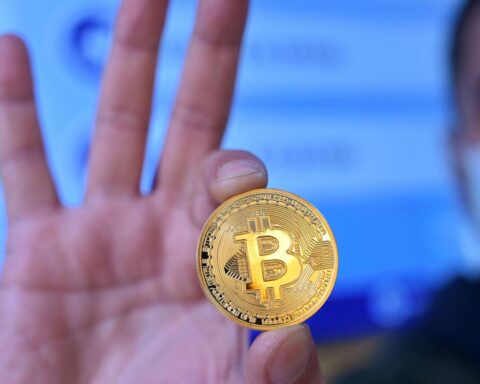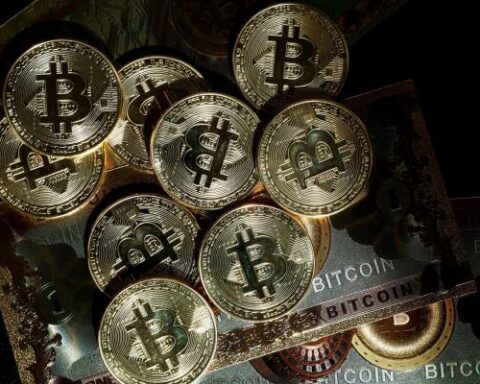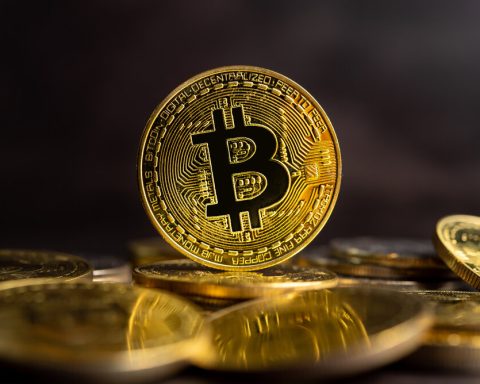Amid growing global interest, experts in Abu Dhabi explore Bitcoin’s compatibility with Islamic finance, challenging traditional views on money and financial practices.
At a groundbreaking conference in Abu Dhabi, experts from diverse fields debated the compatibility of Bitcoin with Islamic financial principles, making the case that the cryptocurrency could actually be the “most Islamic form of money ever invented.” The panel discussion at the Bitcoin Mena conference explored the nuances of Islamic finance, addressing the growing interest in digital currencies and their potential role in the Muslim world.
Bitcoin, as the first decentralized cryptocurrency, has long faced skepticism in the Islamic world, with some scholars arguing that it does not meet the criteria for halal (permissible) transactions. One of the main objections has been its lack of intrinsic value and the fact that it is not backed by a government. However, proponents of Bitcoin, including Harris Irfan, CEO of Cordoba Capital Markets, and Saifedean Ammous, an economist and Bitcoin advocate, argued that these concerns are based on misinterpretations of Islamic teachings regarding money.
Irfan pointed out that Islamic principles permit the exchange of anything that is perceived as money at its spot value, and this applies to Bitcoin. He clarified that the widely cited hadith, which dictates that goods such as gold and silver must be exchanged hand-to-hand in equal amounts, is often misunderstood. “What it says is that things that are perceived as money should be exchanged hand in hand at spot value,” Irfan explained. He emphasized that this principle supports the idea of Bitcoin being a valid form of exchange, as long as the transaction is made at the agreed-upon value at the time of exchange.
Ammous echoed this perspective, explaining that the hadith does not mandate a literal exchange of items “hand to hand,” but instead refers to spot trading—a final cash settlement where both parties agree on the value of the transaction. He also argued that traditional fiat currencies, which are issued through loans and inherently tied to interest (riba), are more problematic from an Islamic perspective than Bitcoin.
The concept of Islamic banking, which aims to avoid interest-based transactions, was also questioned during the discussion. Irfan pointed out that Islamic banks often create new money through the same mechanisms as conventional banks, which makes them just as susceptible to the issues posed by interest-based fiat systems. In contrast, Bitcoin operates on a decentralized network, free from the control of central banks and financial institutions, which some argue makes it a more transparent and ethical form of money.
One of the most compelling arguments put forth during the conference was Bitcoin’s ability to transcend borders and facilitate global financial transactions in a way that traditional banking systems cannot. Irfan highlighted how Bitcoin has allowed him to send funds to regions like Gaza, where banking systems are unreliable and often block such transfers. “The only way I can send money to Gaza for medicines and aid is through Bitcoin right now,” he said. “Every time I’ve tried to send it through normal banking rails, it gets blocked in some way; that is why Bitcoin is more real money than anything else we have in the world right now.”
The panel also addressed the volatility of Bitcoin, with critics arguing that its price fluctuations make it unsuitable as a stable currency. However, the experts contended that fiat money is even more volatile, with banks often acting as gatekeepers to individuals’ finances. They pointed out that many people are unaware that the process of creating fiat money is intrinsically linked to interest-bearing loans, which is forbidden in Islam.
As Bitcoin continues to gain traction globally, some experts warned that the Muslim world risks missing out on its potential benefits if it continues to reject the cryptocurrency. Ammous compared the initial resistance to Bitcoin to the early rejection of the internet, which was once considered haram but is now widely accepted. “The Muslim world is missing out on the Bitcoin revolution,” he said, urging the community to reconsider its stance and embrace the opportunities that digital currencies present.
As the debate continues, the future of Bitcoin in the Islamic world remains uncertain. However, the discussion in Abu Dhabi marked a significant step toward reevaluating traditional views on money and exploring new possibilities for financial inclusion and innovation in the Muslim world.


















